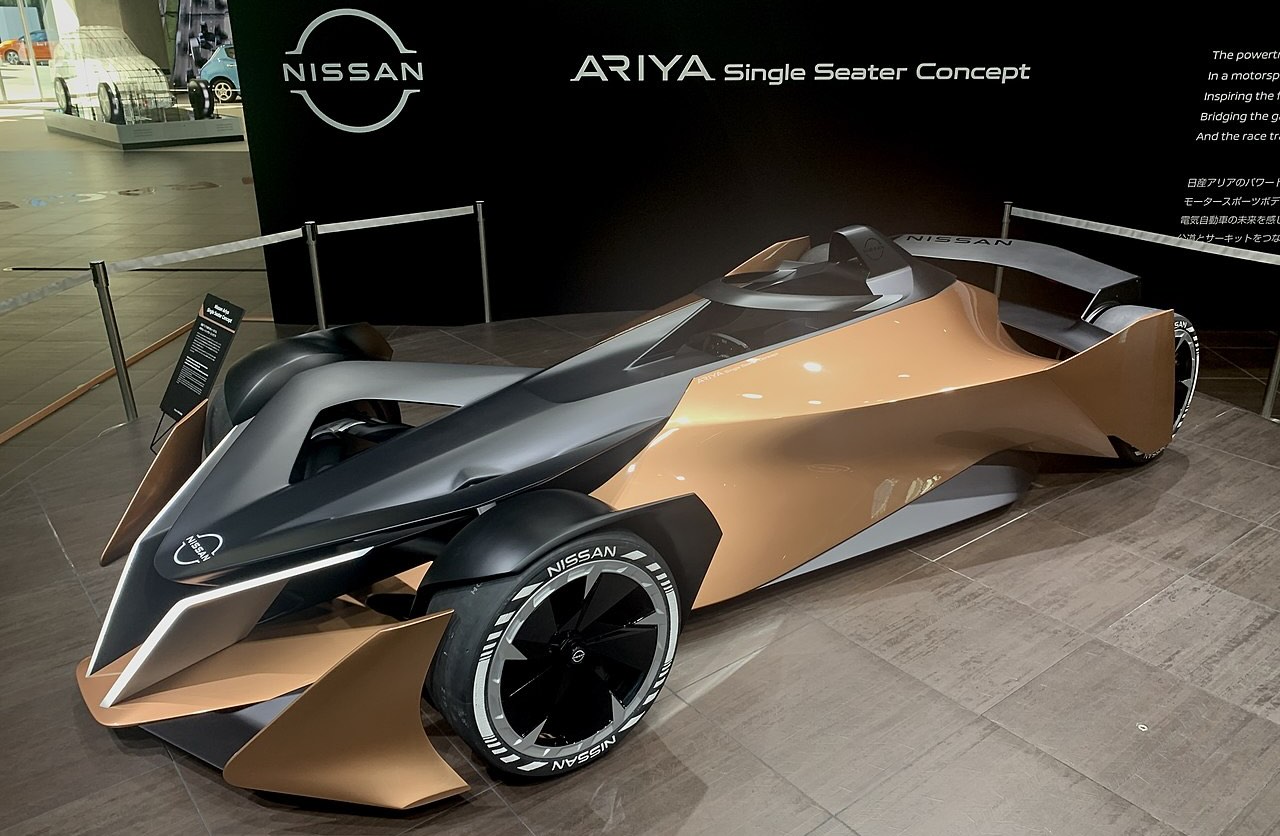
Nissan’s mission and vision reinforce business development founded on the company’s business purpose for benefiting stakeholders’ lives. This mission statement focuses on automotive business. Nissan’s vision statement also focuses on mobility products while considering other business opportunities. This vision and the mission satisfy the company’s business purpose through the value of mobility solutions for customers’ needs. As the automotive industry evolves, such as through information technology integration, business development options beyond markets for automobiles and related products are explored in Nissan’s strategies for fulfilling its vision statement and mission statement, involving product development, competitiveness, and business growth.
Business Purpose. Nissan’s business purpose is “Driving innovation to enrich people’s lives.” This purpose statement highlights the importance of innovative automotive products that improve the quality of life. Nissan’s organizational culture (company culture) promotes work traits and core values that encourage innovation for this business purpose. Corresponding business strategies and programs lead the automaker to ensure process and product innovation. Nissan’s purpose establishes innovation as a strategic approach for enriching lives.
Nissan’s Mission Statement
Nissan’s mission is “to provide unique and innovative automotive products and services that deliver superior measurable values to all stakeholders.” This mission statement links the automotive business to stakeholders’ expectations. The following components define Nissan’s mission statement:
- Unique and innovative automotive products and services
- Superior measurable values
- All stakeholders
Nissan’s mission statement specifies automotive products and services. This specification sets business focus and goals within the automotive industry. For the goals of uniqueness and innovation, this mission leads to strategies that define product differentiation, which is a strategic objective in car design. For example, Nissan’s generic competitive strategy and intensive growth strategies support innovative mobility products and related business growth and development based on this corporate mission statement.
The superior measurable values specified in this mission statement require Nissan to aim for excellence in its business. Excellence pushes the automotive business to set high standards and, consequently, provide high-quality automobiles. Nissan’s competitive advantages are strengthened through these superior measurable values, thereby linking competitiveness to the company’s mission statement.
Nissan’s mission specifies the importance of providing value to all stakeholders. The automaker sets standards and goals for including stakeholders’ interests in its strategies for business growth and product development. This mission statement informs the strategies, tactics, and programs included in Nissan’s CSR and ESG strategy for sustainability and related stakeholder management goals.
Nissan’s Vision Statement
Nissan’s vision is “to empower mobility and beyond.” This vision statement represents long-term goals for flexible business growth. The following are the components of Nissan’s vision statement:
- Empowerment
- Mobility
- Beyond mobility
Nissan’s vision statement sets the company’s actions for empowering mobility. This empowerment objective guides the company’s strategic goals toward developing business processes and products that satisfy mobility needs. Thus, this vision statement considers Nissan a contributor to the overall improvement of transportation options in the international market.
The mobility component of Nissan’s vision refers mainly to products that enable people to move around. The company’s cars, trucks, and related services represent the mobility focus of this vision statement. Based on this corporate vision statement and its long-term goals, Nissan can also develop and offer products other than automobiles, such as personal mobility devices.
Following the goals of this vision statement, going beyond mobility affects Nissan’s competitive environment. As the company explores business growth opportunities beyond the market for mobility products, a more diverse competitive landscape is encountered, in addition to the current competitors, like Toyota, Ford, General Motors, Tesla, and BMW. The flexibility and potential business diversification based on this vision statement can lead to changes in Nissan’s marketing mix (4P). For example, going beyond mobility and transportation, adding new products requires changing the product mix.
How Nissan’s Mission & Vision Shape Business Strategy
Nissan’s mission statement requires that strategies aim to provide superior value to all stakeholders. To achieve this value and satisfy the company’s business purpose, innovation and uniqueness are factors integrated into competitive strategies that put importance on quality and design features of automotive products. On the other hand, Nissan’s vision statement requires thinking for and beyond mobility. The company invests in product development for automobiles and explores other solutions and products for mobility. However, automobiles are the current focus and priority of the business. The goals of the mission and vision require Nissan to consider external factors, so that the business and its strategies remain relevant to the automotive industry and the company’s target markets.
References
- Jaworski, B., & Cheung, V. (2023). Getting Started on the Journey: Mission, Vision, and Purpose. In Creating the Organization of the Future (pp. 55-64). Emerald Publishing Limited.
- Nissan Motor Corporation – Nissan Ambition 2030.
- Nissan Motor Corporation – Purpose, Mission & DNA.
- Nissan Motor Corporation – Vision & Business Plan.
- Ramos, M. R., & Ruiz-Gálvez, M. E. (2024). The transformation of the automotive industry toward electrification and its impact on global value chains: Inter-plant competition, employment, and supply chains. European Research on Management and Business Economics, 30(1), 100242.
- Sonko, S., Daudu, C. D., Osasona, F., Monebi, A. M., Etukudoh, E. A., & Atadoga, A. (2024). The evolution of embedded systems in automotive industry: A global review. World Journal of Advanced Research and Reviews, 21(2), 096-104.